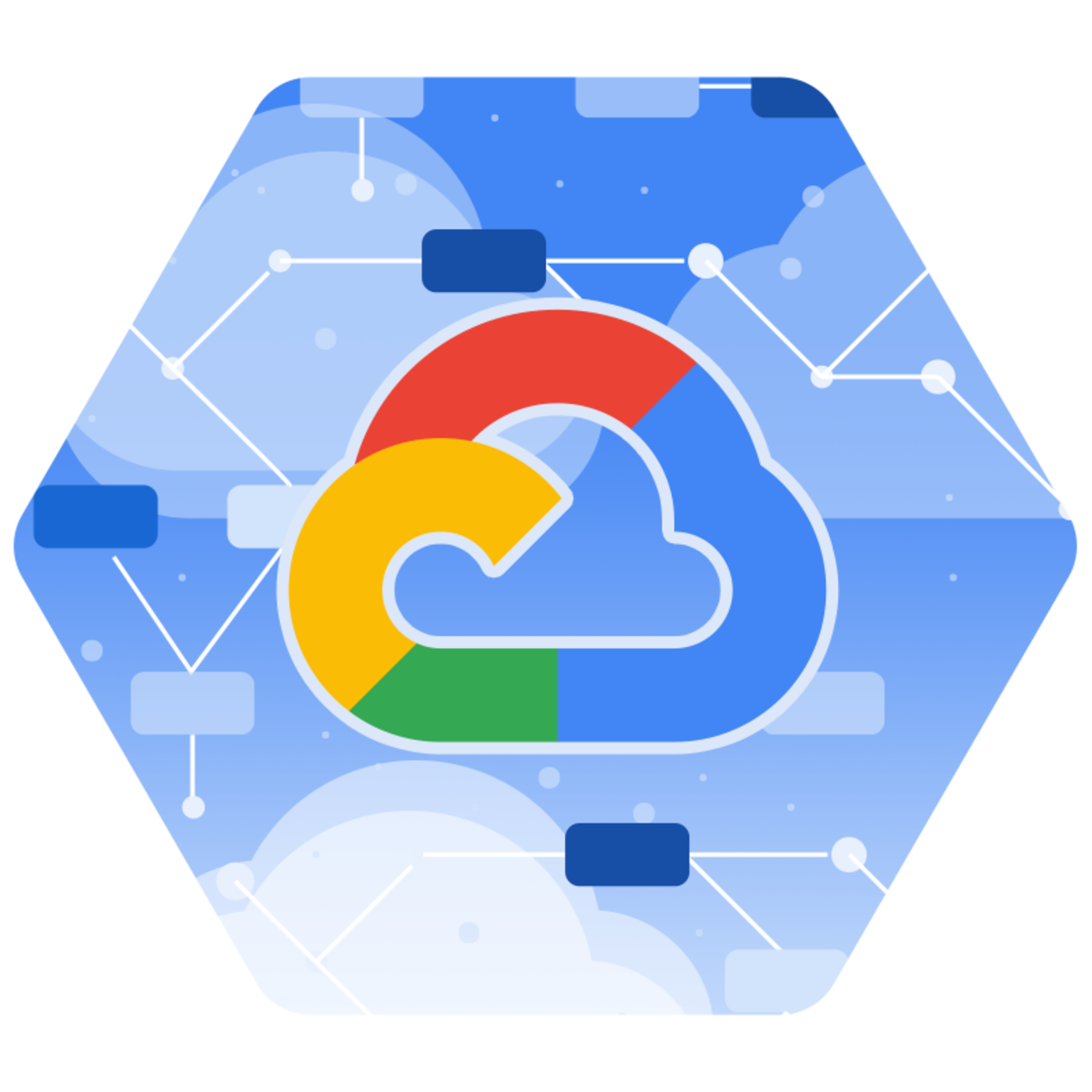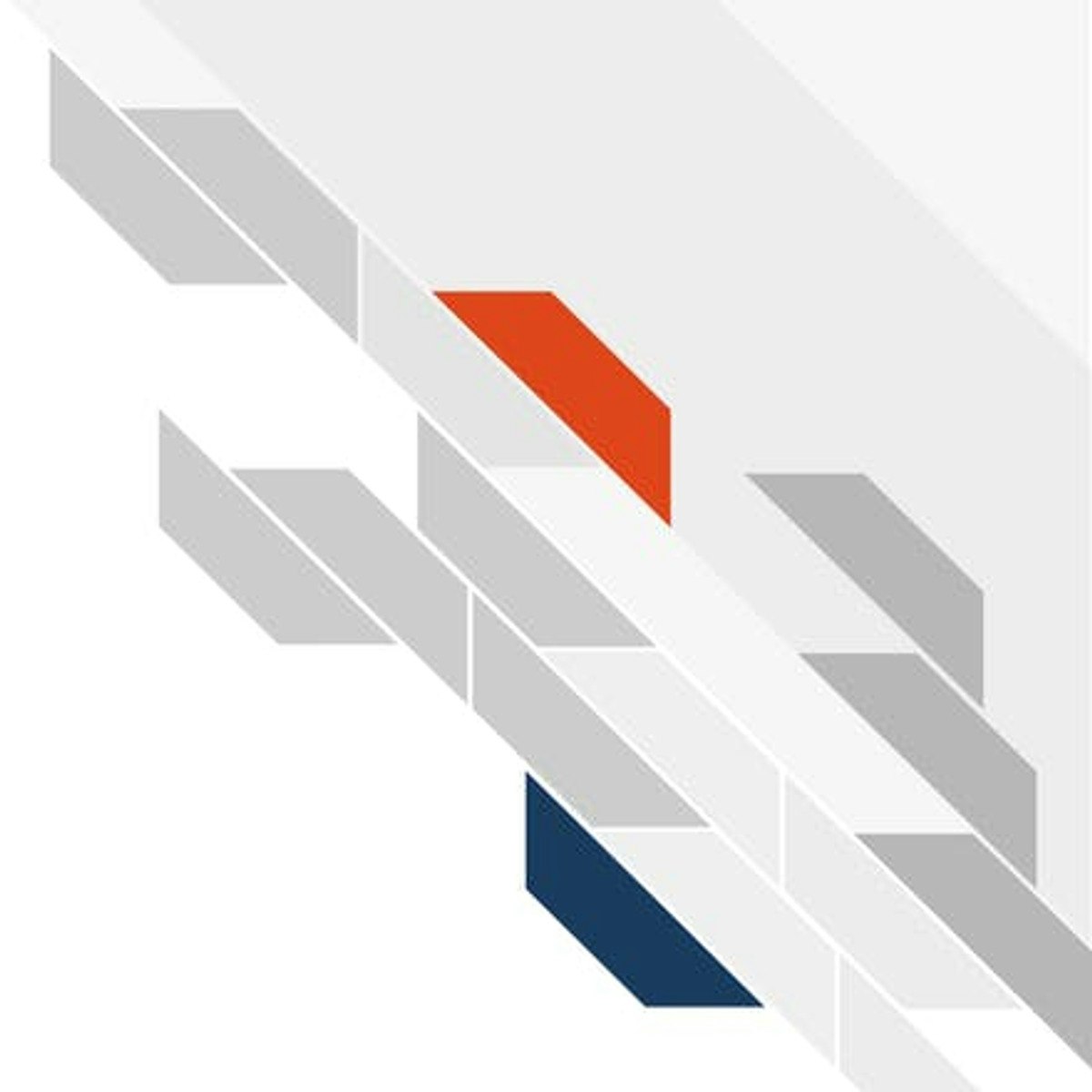Back to Courses









Cloud Computing Courses - Page 35
Showing results 341-350 of 930

Advanced iOS Development
Develop a working knowledge of different approaches to designing and building data-rich, interactive applications for the iOS platform.
By the end of this course, you’ll be able to:
-Compare methodologies for organizing and architecting Swift applications and their implications on code quality
-Identify and follow the lifecycle events from source of generation to methods of response
-Review and apply different types of SwiftUI interactivity from user input handling to gestures
You’ll gain experience with the following tools and software:
-Mobile app development tools and software
-MVC and MVVM
-SwiftUI app development features

Running Windows Containers on Compute Engine
This is a self-paced lab that takes place in the Google Cloud console.
In this lab you will learn how to create a virtual machine with Microsoft SQL Server installed. You’ll also create a Windows user and password and learn how to connect to the Windows Server via remote desktop.

Cloud Operations on AWS
In this course, learn how to leverage AWS services to operate at cloud scale with governance and agility at the core. AWS Cloud Operations provides a model and tools for a secure and efficient way to operate in the cloud. You can transform your organization, modernize and migrate your applications, and accelerate innovation with AWS. With the rise of cloud, organizations also increasingly require dedicated cloud engineers who apply a mix of business and technical expertise to assess a business's infrastructure, provision servers, migrate different functions to a cloud environment and link to cloud services.

Introduction to iOS Mobile Application Development
Learn about iOS development by learning about the OS and the development platform. Discover how to set up and prepare a local environment. Get acquainted with the Swift playground and write code in Swift.
By the end of this course, you’ll be able to:
-Demonstrate a working knowledge of the general principles of mobile apps and the iOS ecosystem
-Set up and explore the XCode environment
-Demonstrate an understanding of how XCode is used in the Swift app development process
-Write Swift code and create UI with the use of Swift playgrounds
-Navigate the Swift UI
-Manipulate data in Swift
You’ll gain experience with the following tools and software:
-Swift application and software
-iOS software and development environment
-Mobile OS
-XCode
-Objective-C
-UI frameworks
-Testflight
-UI storyboard
-MVC
-APIs

Adding an Apigee X Environment and Group
This is a self-paced lab that takes place in the Google Cloud console. In this lab, you add a new environment and environment group to an Apigee X evaluation org.

Streaming Data to Bigtable
This is a self-paced lab that takes place in the Google Cloud console. In this lab, you launch a Dataflow pipeline to load streaming data from Pub/Sub into Bigtable.

Preparing for your Professional Cloud Architect Journey
This course helps learners create a study plan for the PCA (Professional Cloud Architect) certification exam. Learners explore the breadth and scope of the domains covered in the exam. Learners assess their exam readiness and create their individual study plan.

Block.one: Creating a Multi Node EOSIO Blockchain
This is a self-paced lab that takes place in the Google Cloud console.
In this lab, you will extend the single node EOSIO blockchain to use multiple nodes. You will install various EOSIO software components to set up your multi node EOSIO blockchain. Finally, you will perform some node operator tasks on your new EOSIO blockchain.

App Dev: Deploying the Application into Kubernetes Engine - Python
This is a self-paced lab that takes place in the Google Cloud console.
In this lab, you will deploy the quiz application into Kubernetes Engine, leveraging Google Cloud Platform resources including Container Builder and Container Registry, and Kubernetes resources including Deployments, Pods, and Services.

Computing for Cancer Informatics
One of the key cancer informatics challenges is dealing with and managing the explosion of large data from multiple sources that are often too large to work with on typical personal computers. This course is designed to help researchers and investigators to understand the basics of computing and to familiarize them with various computing options to ultimately help guide their decisions on the topic. This course aims to provide research leaders with awareness and guidance about:
Basic computing terminology
Concepts about how computers and computing systems work
Differences between shared computing resources
Appropriate etiquette for shared computing resources
Computing resources designed for cancer research
Considerations for computing resource decisions
Target audience:
This course is intended for researchers (including postdocs and students) with limited to intermediate experience with informatics research. The conceptual material will also be useful for those in management roles who are collecting data and using informatics pipelines.
Curriculum:
We will provide you with familiarity with fundamental computing terms. We will also discuss relevant concepts about how computers and shared computing resources work. We will explore the differences between various computing resource options, as well as provide guidance on how to make important computing discussions.
This course is part of a series of courses for the Informatics Technology for Cancer Research (ITCR) called the Informatics Technology for Cancer Research Education Resource. This material was created by the ITCR Training Network (ITN) which is a collaborative effort of researchers around the United States to support cancer informatics and data science training through resources, technology, and events. This initiative is funded by the following grant: National Cancer Institute (NCI) UE5 CA254170. Our courses feature tools developed by ITCR Investigators and make it easier for principal investigators, scientists, and analysts to integrate cancer informatics into their workflows. Please see our website at www.itcrtraining.org for more information.
